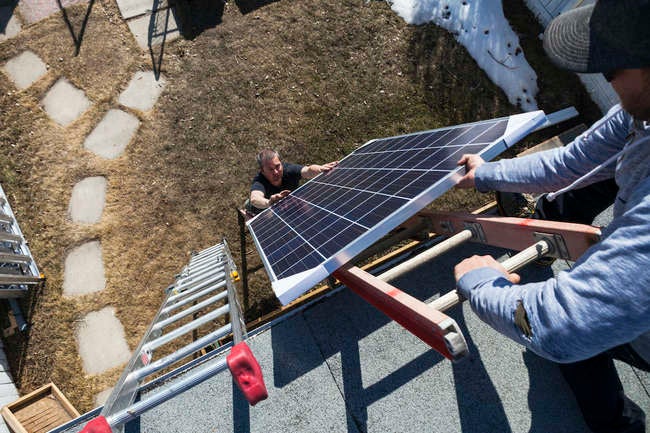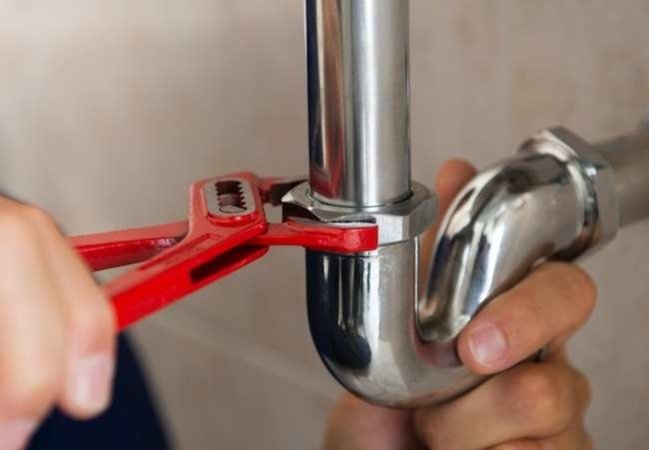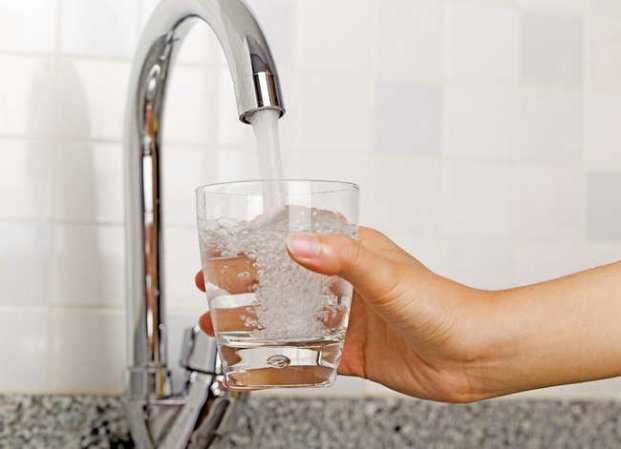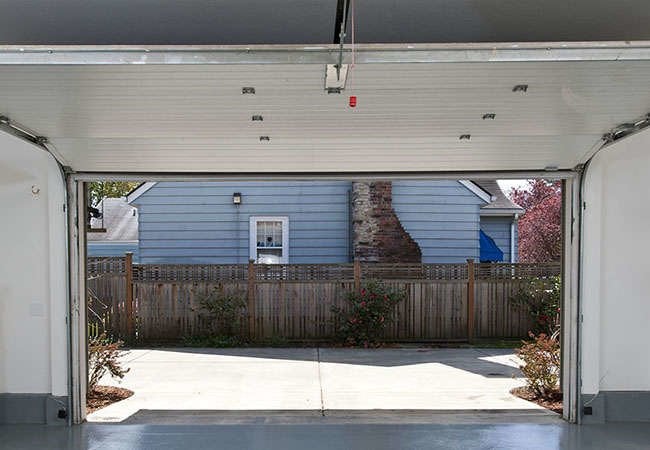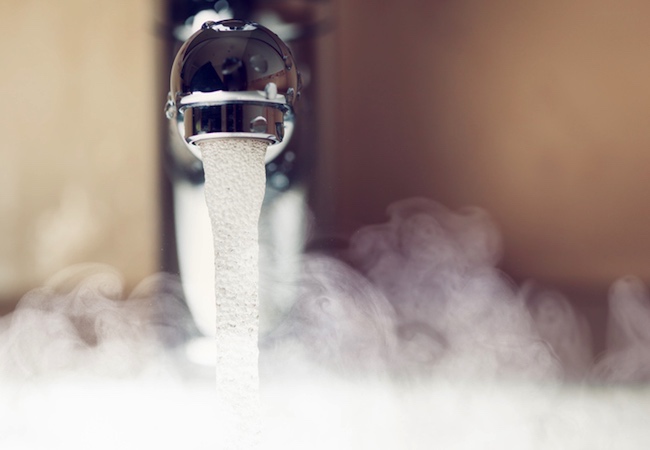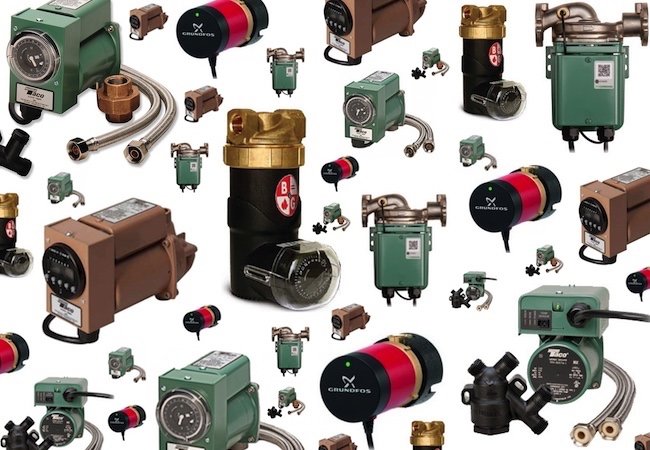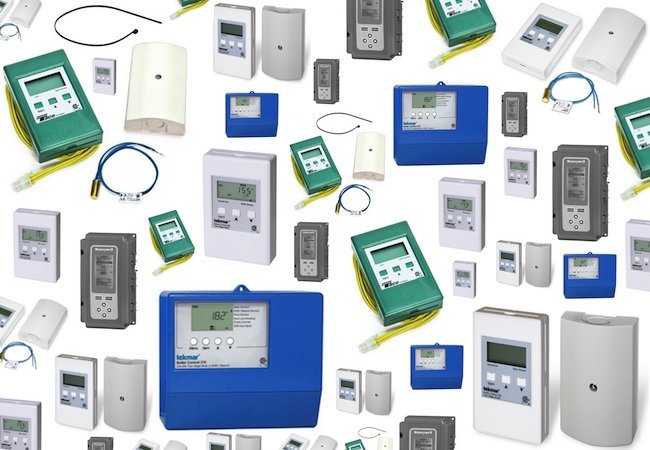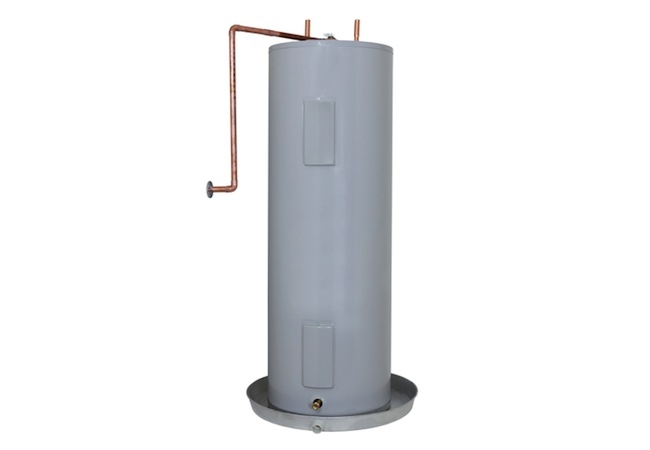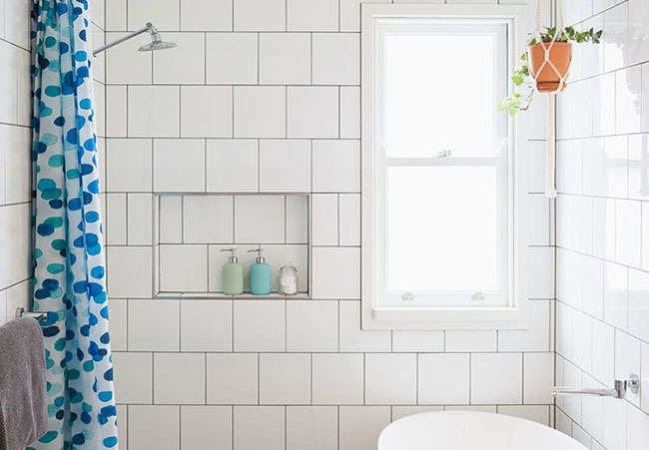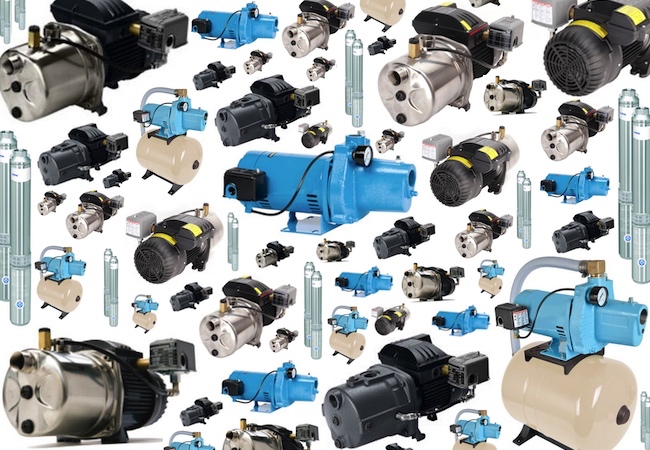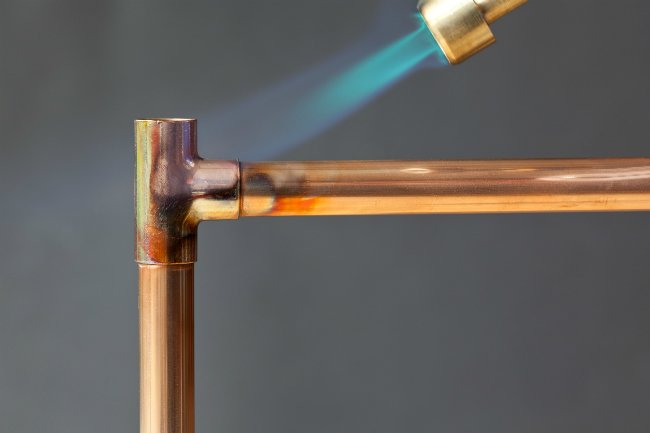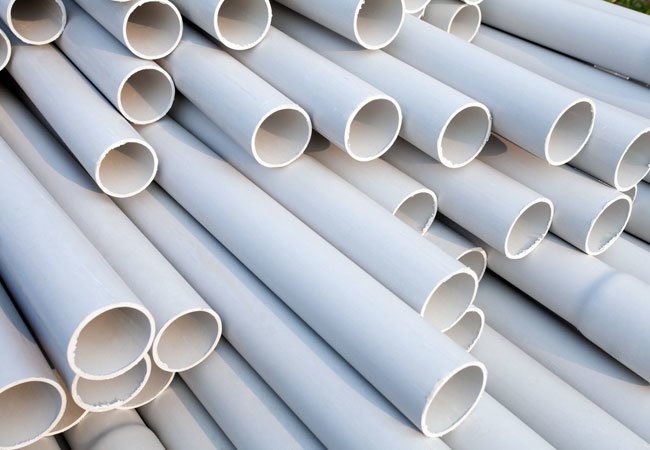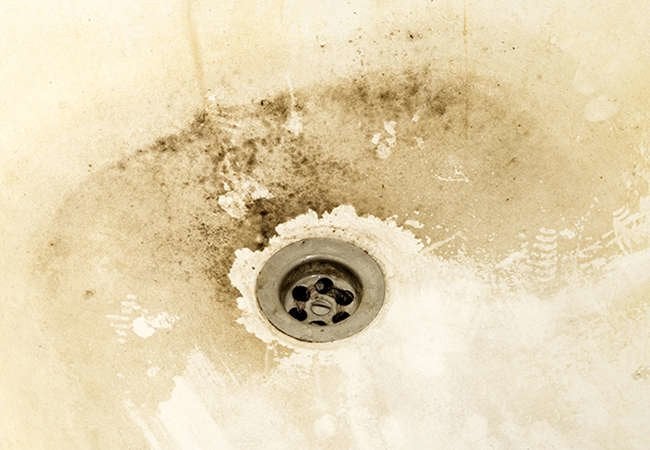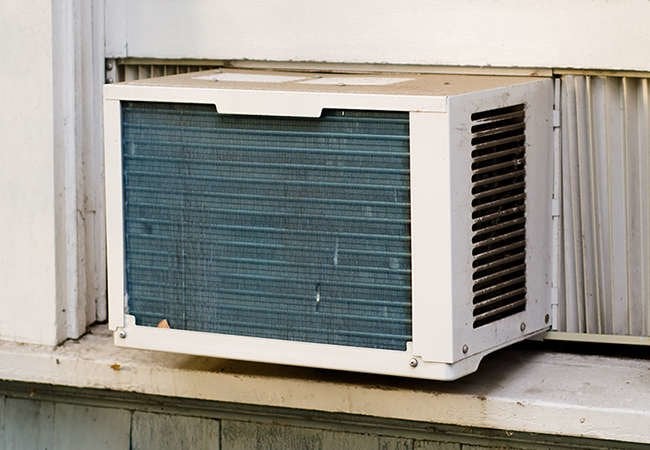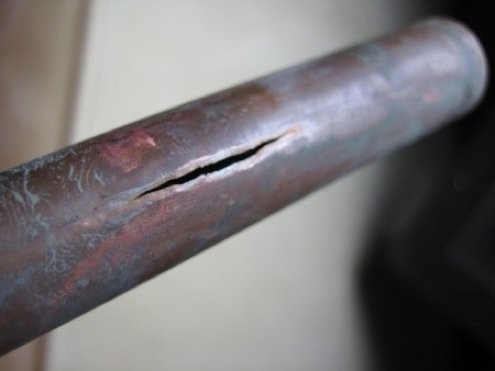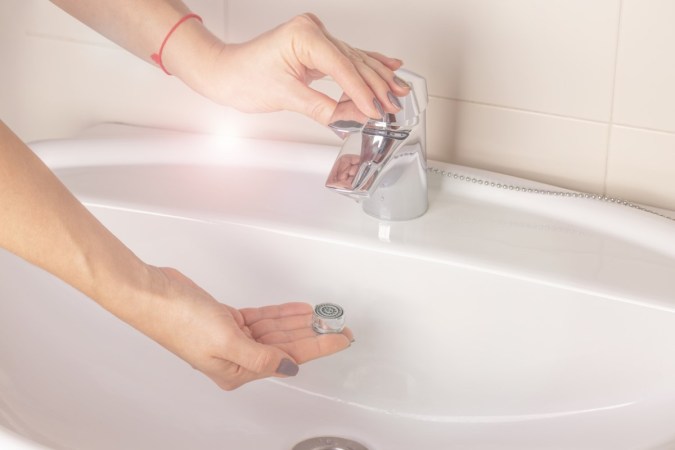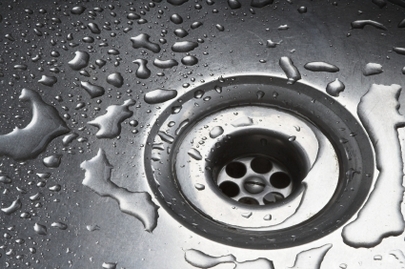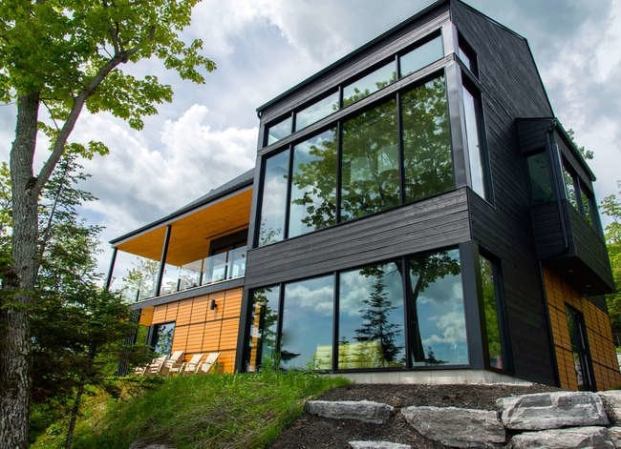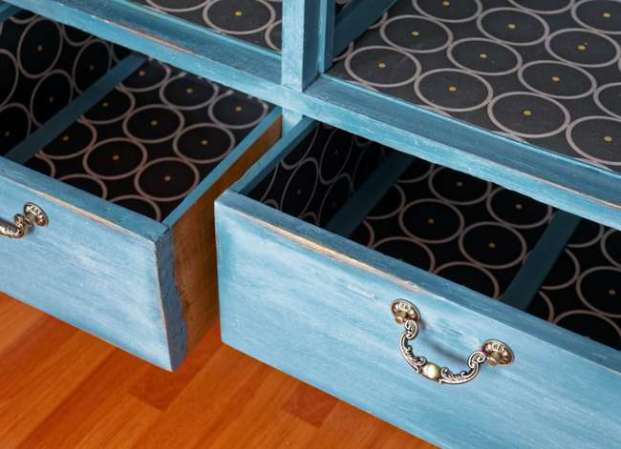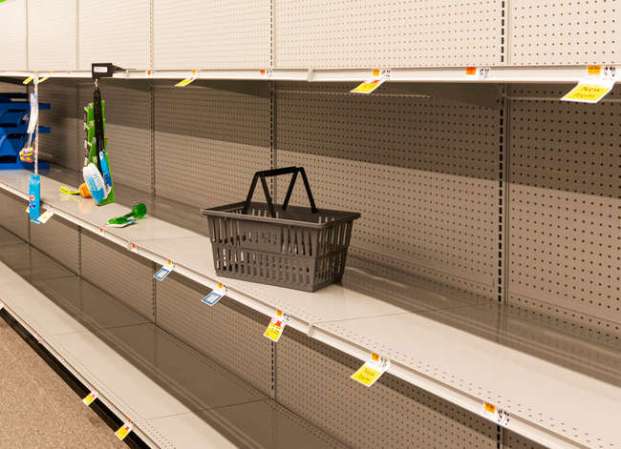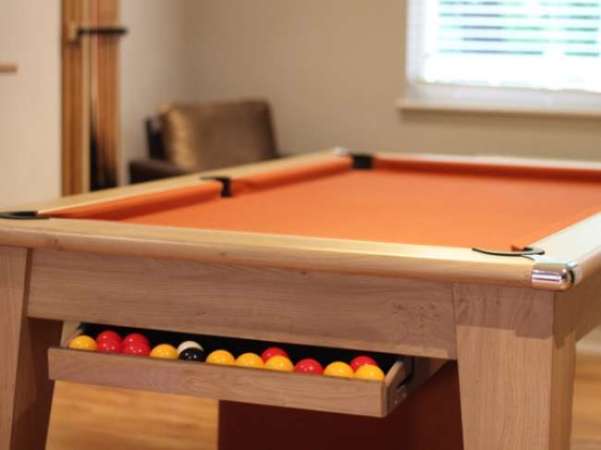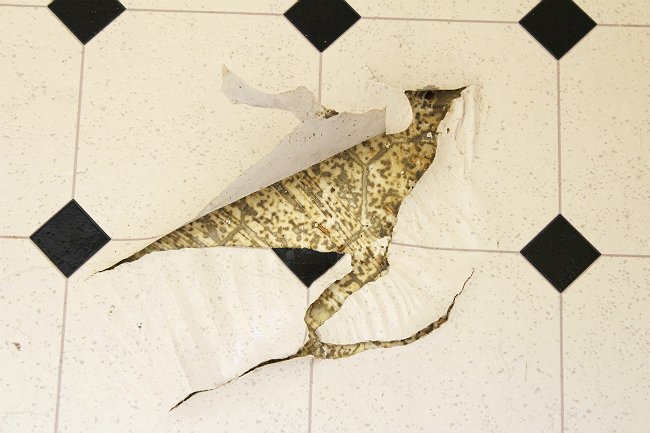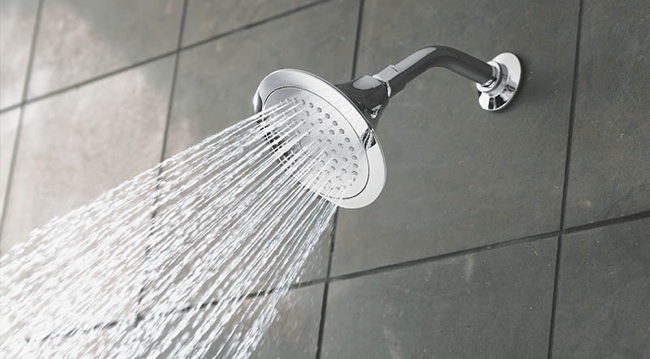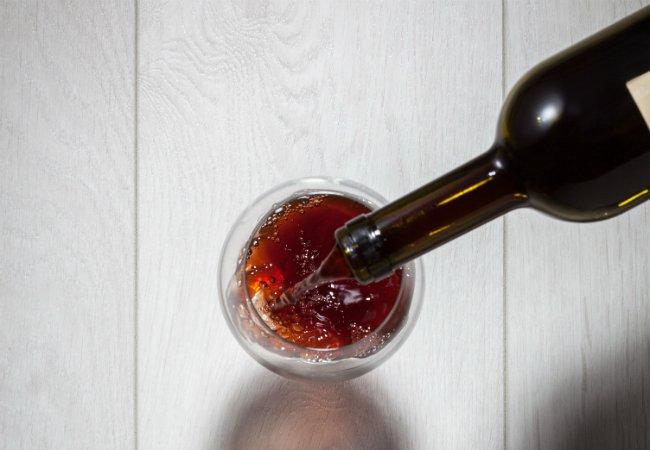We may earn revenue from the products available on this page and participate in affiliate programs. Learn More ›
The Best Eco-Friendly Upgrades
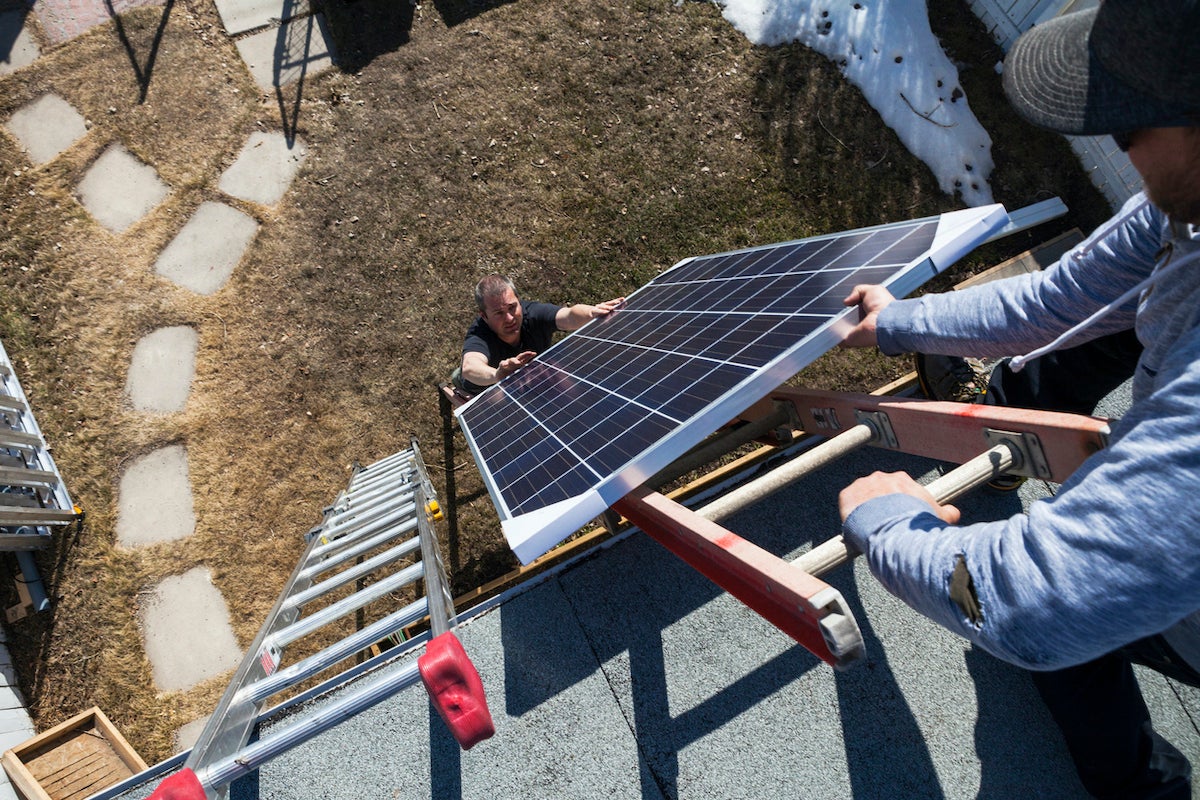
With many homeowners looking to upgrade their existing homes, it can be difficult to know the best places to put your money. From big projects to small, smart home improvement projects will not only make your home more enjoyable to live in, but also more attractive to potential buyers in the future, if you do decide to sell.
These 10 eco-friendly upgrades not only offer the best return on investment (ROI), but will allow you to take greater joy in your home for years to come.
New Windows

If your home’s windows are 15 years of age or older, there’s a good chance they aren’t all that energy efficient. Plus, they may be bowed or sagging, leak during a rainfall, accumulate condensation, or frost between the panes. Sound familiar? While replacing all your windows can be costly, you can replace just a few at a time. And, according to Angi’s List, you’ll get a return on your investment of at least 70 percent.
Replace Your Water Heater
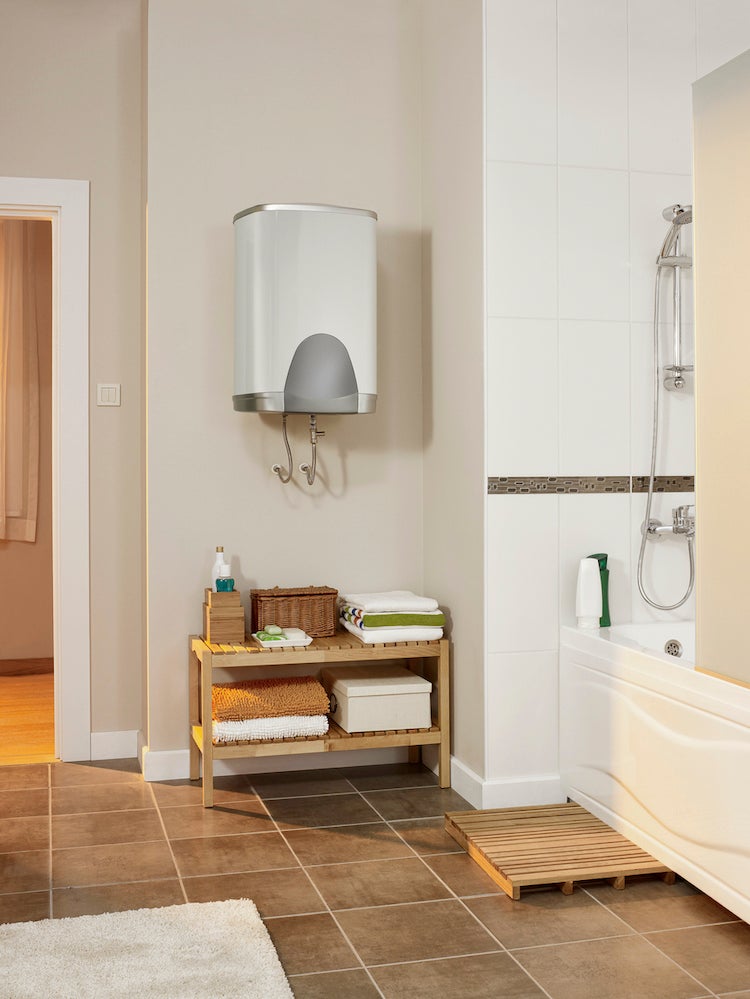
Looking to save money on your water bill without sacrificing comfort? Try a tankless water heater. Tankless water heaters, also known as demand or instantaneous, work by having cold water travel through a pipe into the unit where a gas or electric element heats the water, resulting in a constant supply of hot water. According to energy.gov, “For homes that use 41 gallons or less of hot water daily, demand water heaters can be 24 percent to 34 percent more energy efficient than conventional storage tank water heaters.” While a tankless water heater will cost you more than its conventional counterpart, tankless heaters generally last longer and lower energy costs to offset the price tag.
Related: Looking to Save Energy? Consider Installing a Tankless Water Heater
Upgrade Your Front Door

Not only can a new front door up your home’s curb appeal, but by replacing an old exterior door with an Energy Star-certified door you may save as much as 10 percent on the costs to heat and cool your home. Steel doors are not only strong but energy-efficient. Plus, they offer a 68 percent return on investment, as stated in the most recent Cost vs. Value Report from Remodeling Magazine
.
Plumbing Upgrades

You can reduce your home’s water waste by replacing any toilets, showerheads, and sinks made before 1994, since federal standards now require these plumbing fixtures use less water. Also, according to the Environmental Protection Agency (EPA), switching to a WaterSense-labeled toilet can save a household up to $140 a year in water costs.
A Metal Roof

If you need to replace your home’s roof, consider metal. Not only are metal roofs known as “forever roofs,” but they are moss- and fungus-proof, fire retardant, and can help keep your home cool in the summer. Plus, they’ll offer more than 60 percent ROI, according to Remodeling Magazine’s Cost vs. Value Report.
Sustainable, Natural Flooring
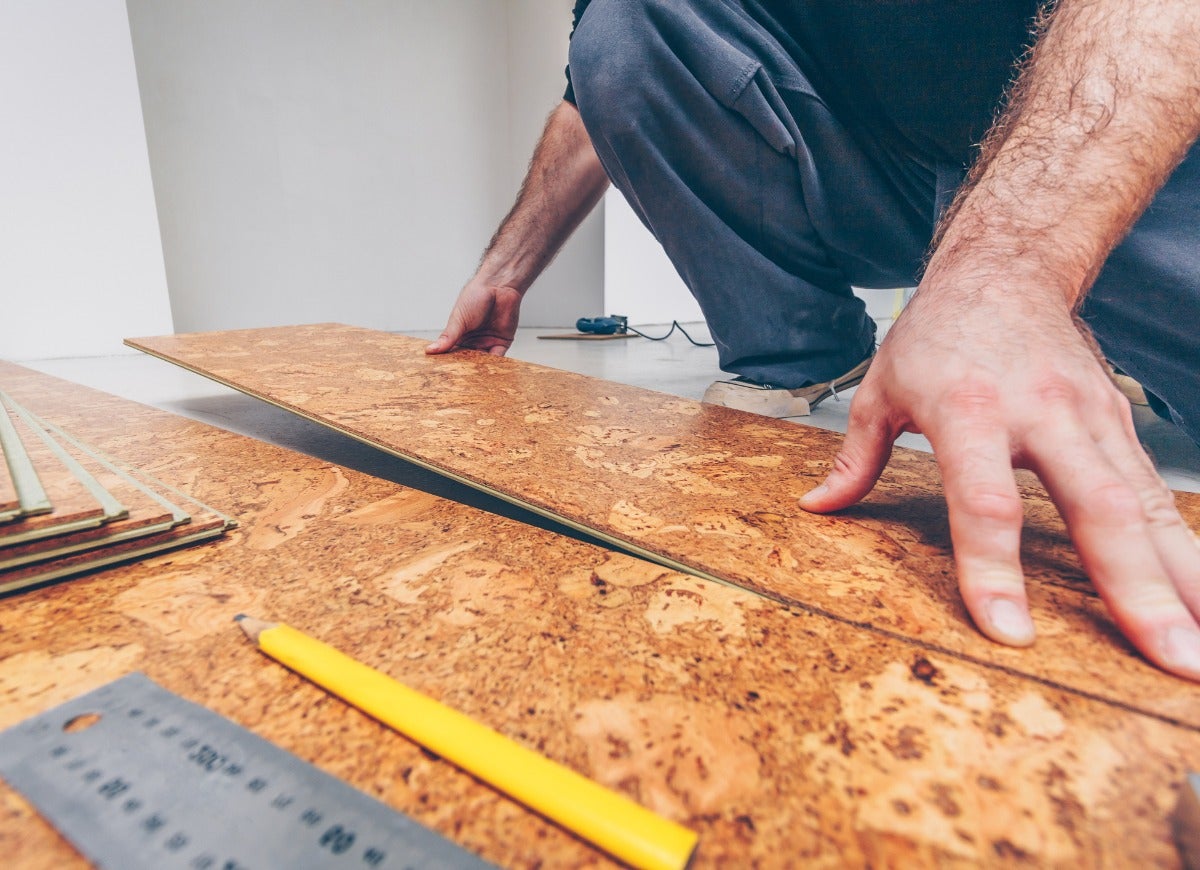
While wood ranks highest when it comes to ROI for flooring, according to realtor.com, there are still plenty of options when it comes to green flooring. Try cork, which is durable and resistant to spills, or consider bamboo, which is a sustainable option that feels and looks like wood. For those who want the comfort and warmth of carpet, look for options that don’t contain volatile organic compounds (VOCs), as they are known to harm the environment and be dangerous to breathe in.
Related:
Cork Flooring 101
Solar Panels

Solar has come a long way in recent years and may be an option for you to augment your home’s energy needs. The latest estimation from Roofing Calculator determined the average national cost of going solar is just under $3 a watt, which breaks down to $14,800 for a typical 5kW PV solar panel system, installed. In addition, that price is before the 26 percent solar investment tax credits still available through the end of 2022 from the federal government. Your ROI would depend on what state you live in, so be sure to do your research.
Related:
I Installed Solar Panels on My Roof and Here’s What Happened
Landscape with Natives

Updating your home’s landscaping and curb appeal is one of the easiest and most inexpensive ways to improve your home’s resale value. However, with more people looking to save on water bills, having a lush, green lawn that requires plenty of watering may not be the best option. Instead, try adding native plants as an eco-friendly alternative. Native plants use less water because they’re used to that particular climate. They also boast a natural resistance to area pests and diseases. Plus, most are perennials, so they’ll come back year after year.
Composite Decking
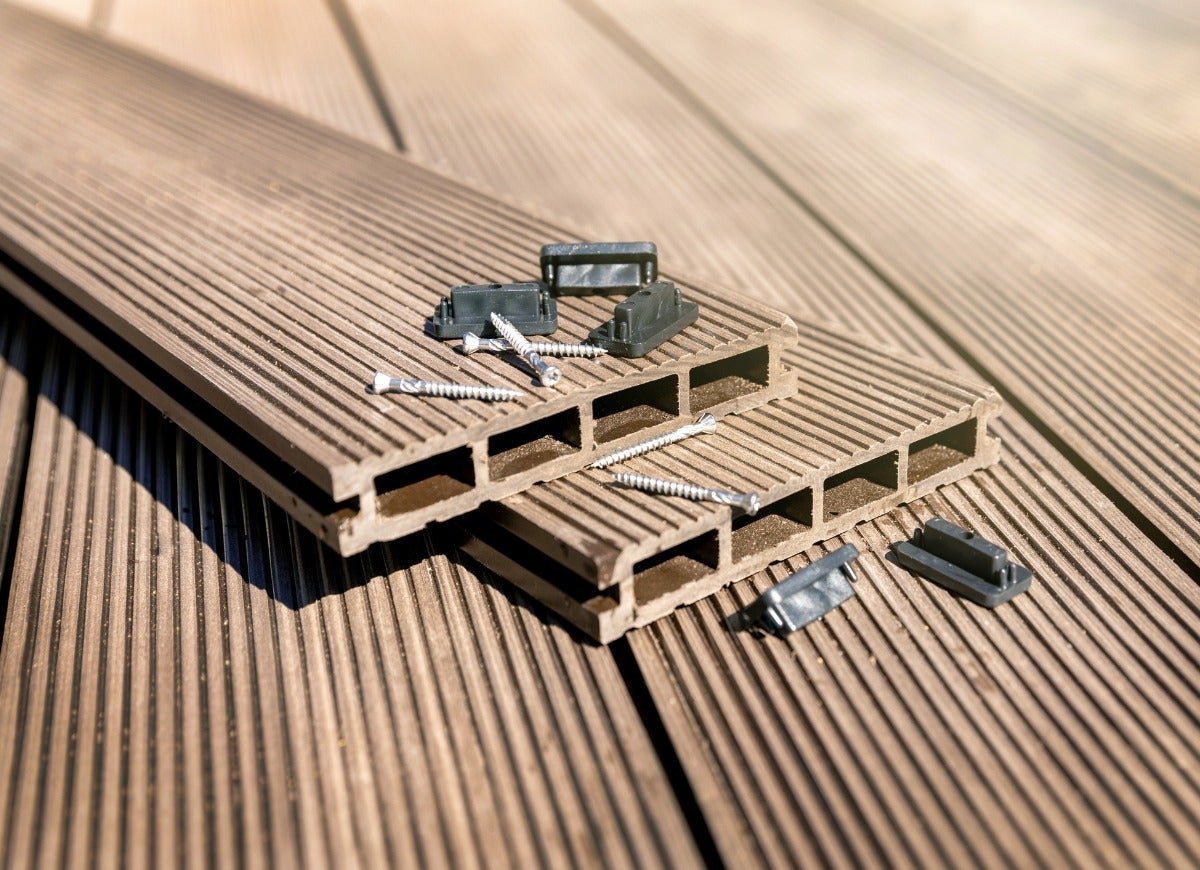
If you’re looking to build a deck or add on to an existing structure, look to composite. Composite is made of wood fibers encased in plastic; it doesn’t require the same type of maintenance as wood decking, and it isn’t prone to pests or rotting. And, according to the Cost vs. Value Report from Remodeling Magazine
, the ROI on composite decking is 66.8 percent.

